Why Early Cancer Screenings are Vital: A Guide to Saving Lives
Early cancer screenings are crucial in modern medicine. They help find cancer early, which greatly increases treatment success. This can lead to much better survival rates. We will examine why early screenings are key, the available types, and how they save lives.
1. The Power of Early Detection
Cancer can hide in the body for years before symptoms show. By then, it may be too late for effective treatment. Early screenings catch cancer early, offering better treatment options and higher chances of recovery.
Benefits of Early Detection:
- Higher Survival Rates: Early-stage cancers have much higher survival rates. For example, early breast cancer has a 99% five-year survival rate. But, late-stage breast cancer has only about 27%.
- Less Aggressive Treatment: Early cancers often need less harsh treatments. This means less damage from treatments like radiation and chemotherapy.
- Reduced Healthcare Costs: Finding cancer early also saves money. It avoids long hospital stays, big surgeries, and expensive treatments.
2. Common Types of Early Cancer Screenings
Here are some key screenings everyone should consider:
Mammograms (Breast Cancer)
- Who needs it: Women aged 40 and older, or younger with a family history of breast cancer.
- Why it matters: Mammograms are very effective in finding breast cancer early. Early detection leads to better treatment and lower death rates.
Colonoscopy (Colon Cancer)
- Who needs it: People aged 45 and older, or younger with a family history of colon cancer.
- Why it matters: Colon cancer starts from polyps in the colon. A colonoscopy can find and remove these polyps before they turn cancerous.
Pap Smear and HPV Testing (Cervical Cancer)
- Who needs it: Women aged 21-65.
- Why it matters: A Pap smear finds abnormal cells in the cervix that could turn cancerous. HPV testing looks for the virus that causes most cervical cancers. Together, they are powerful in preventing cervical cancer.
Low-Dose CT Scans (Lung Cancer)
- Who needs it: Smokers or former smokers aged 50-80 with a big smoking history.
- Why it matters: Lung cancer is the top cause of cancer deaths worldwide. Early detection by CT scan can greatly reduce death rates in those at high risk.
Prostate-Specific Antigen (PSA) Test (Prostate Cancer)
- Who needs it: Men aged 50 and older, or younger with a family history of prostate cancer.
- Why it matters: The PSA test checks for prostate-specific antigen in the blood. It helps find prostate cancer early, when treatment is more effective.
3. Cancer Screening Guidelines and Frequency
Knowing when to start cancer screenings is crucial. The right time and frequency depend on your risk factors. Always talk to your doctor to find out what’s best for you.
General Guidelines:
- Breast Cancer: Get an annual or biennial mammogram starting at age 40-50.
- Colon Cancer: Have a colonoscopy every 10 years starting at age 45, or more often if polyps are found.
- Cervical Cancer: Get a Pap smear every 3 years starting at age 21. You can also choose HPV co-testing every 5 years.
- Lung Cancer: Get an annual low-dose CT scan if you’re at high risk.
- Prostate Cancer: Talk to your doctor about screening starting at age 50.
4. Barriers to cancer Screening
Many people delay or avoid cancer screenings. This is due to several reasons:
- Fear of Diagnosis: Some fear being diagnosed with cancer and avoid screenings.
- Financial Concerns: Screenings can be expensive, but many are covered by insurance or community programs.
- Lack of Symptoms: People often think they don’t need screening if they feel healthy. But many cancers have no symptoms in the early stages.
5. How to Overcome Barriers
It’s important to educate people about the benefits of screenings. Many organizations and healthcare providers offer free or low-cost screenings. Patient education programs can also help by reducing fear and emphasizing the importance of early detection.
6. The Lifesaving Potential of cancer Screenings
Cancer screenings are life-saving. Early detection can make a big difference in treatment success. Studies show that early screening can cut cancer deaths by up to 50% in some cases.
Conclusion
Cancer screenings are vital for early detection and treatment. By following guidelines and overcoming barriers, you can lower your risk of late-stage cancer. Talk to your doctor about the right screenings for you. Early detection is key to saving lives, so don’t wait—schedule your screenings today!
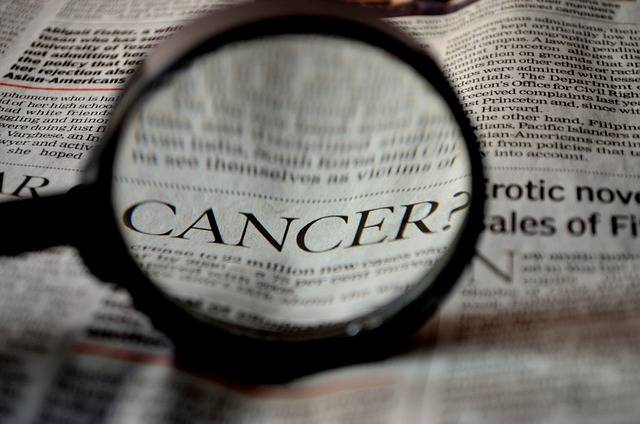

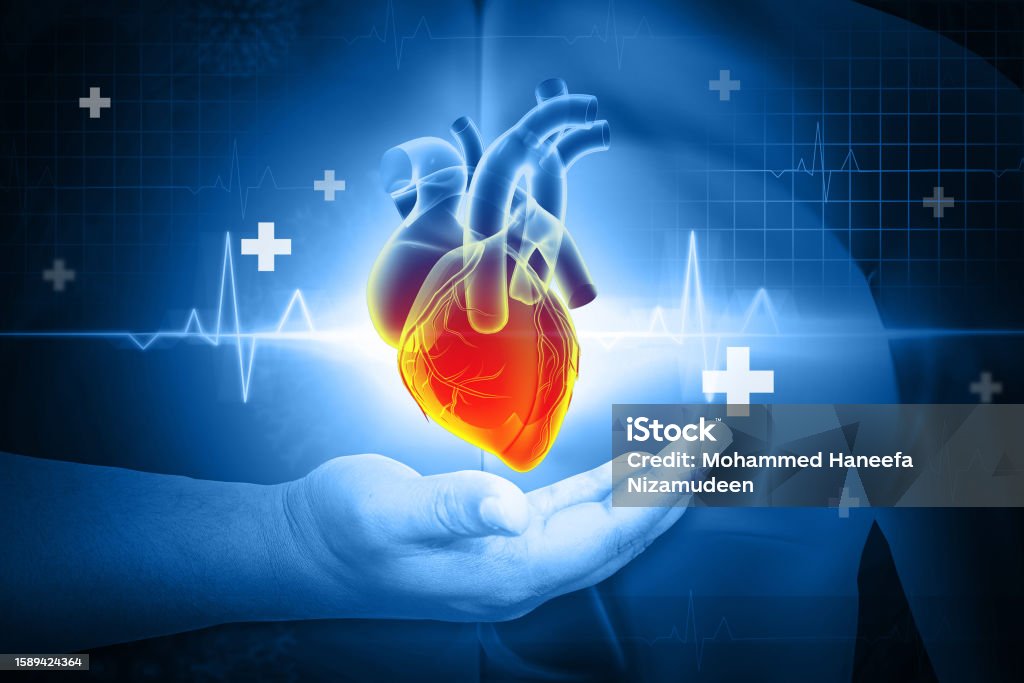
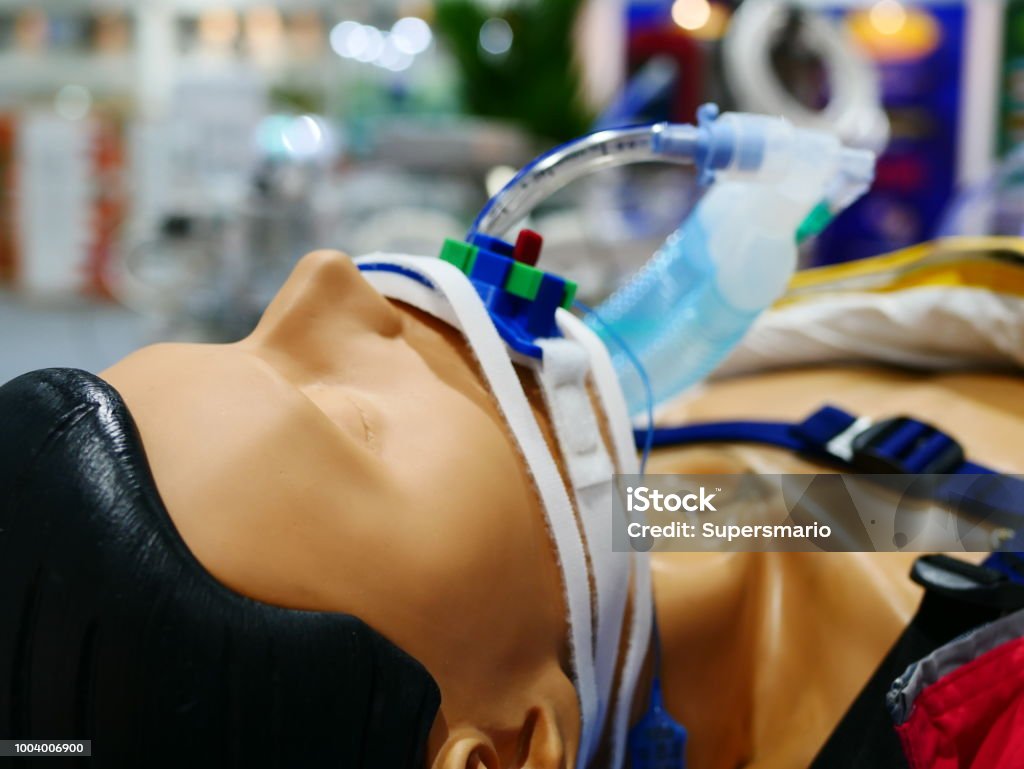
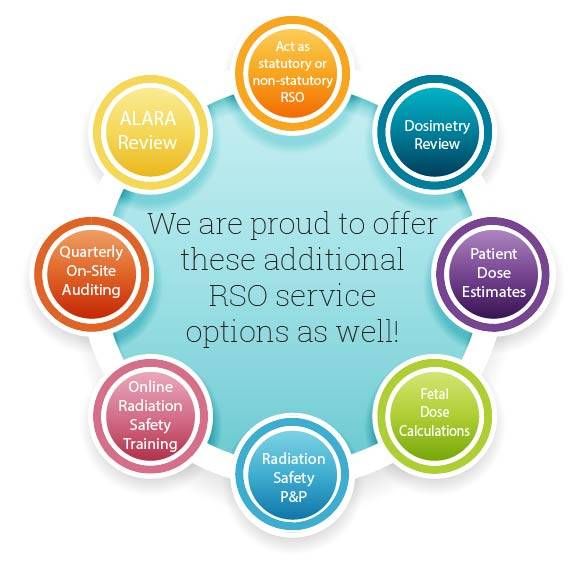

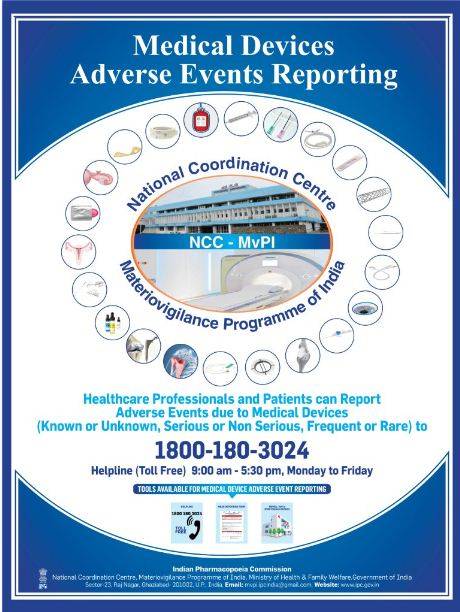
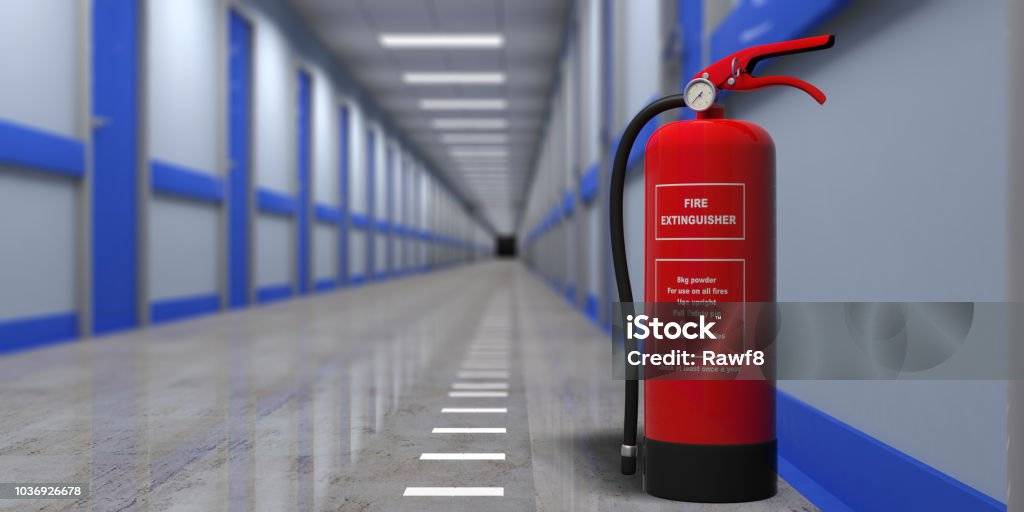
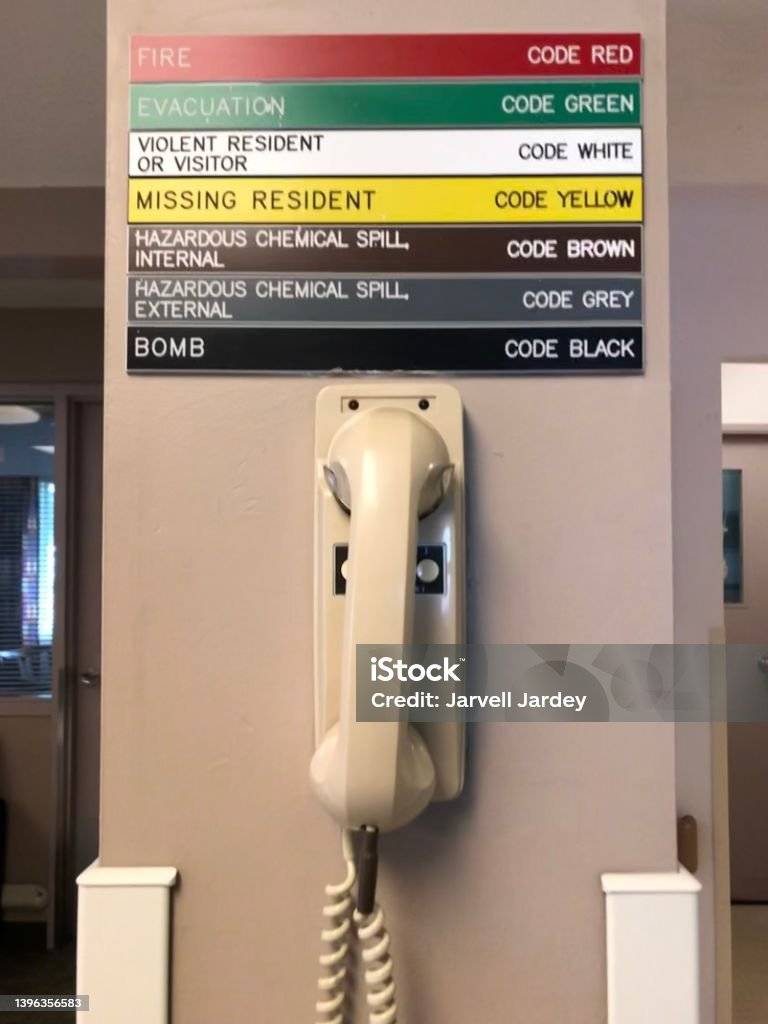
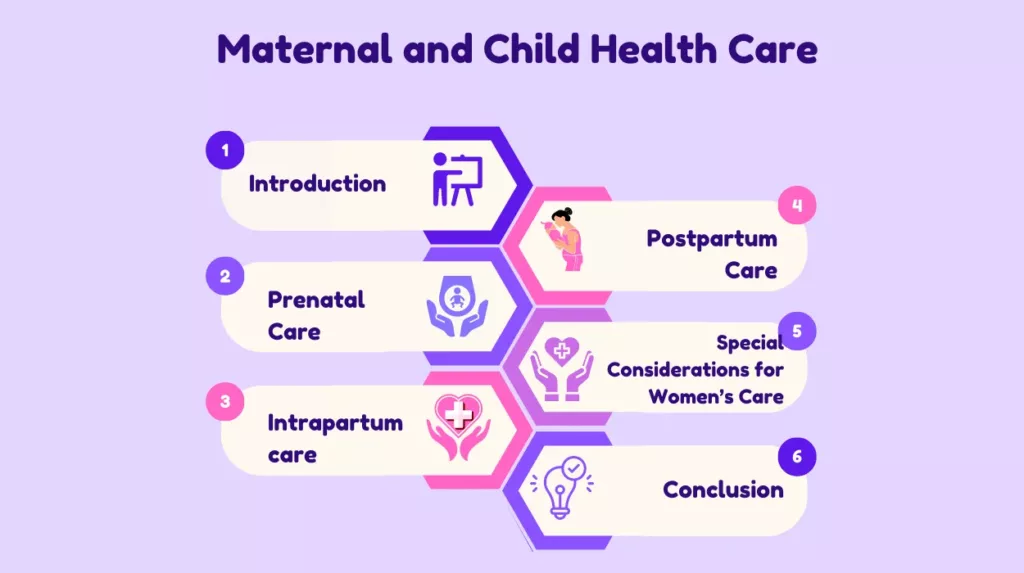

Hairstyles
Your articles are extremely helpful to me. May I ask for more information?